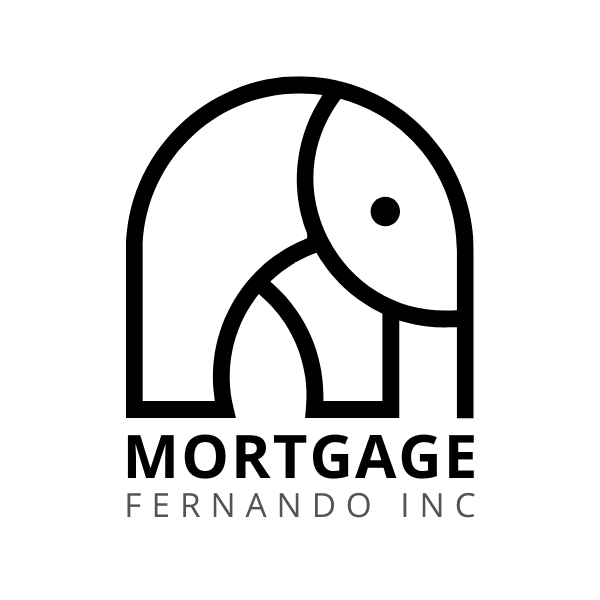Navigating the mortgage landscape as a self-employed individual can feel like traversing a maze blindfolded. But fear not! We're here to shed some light on the path and guide you through the essential documentation needed to qualify for a self-employed mortgage in Canada.
Why Documentation is Crucial
In the eyes of lenders, self-employed borrowers often appear riskier because their income isn't as predictable as that of salaried employees. To mitigate this perceived risk, lenders require comprehensive documentation to paint a clear picture of your financial stability and ability to repay the mortgage.
What You Need to Qualify for a Self-Employed Mortgage
In Canada, you'll need both standard documentation required by all lenders and additional documents specific to self-employed borrowers. Let's break it down:
Standard Required Documents:
ID: Proof of identity is a must.
Purchase Agreement (if a purchase): The official document outlining the terms of your property purchase.
Downpayment Confirmations: A 90-day history of your downpayment source (if a purchase).
Mortgage Statements: Current statements if you already have a mortgage.
Property Tax Bills: Recent bills to show you're up-to-date with your payments.
Condo Fees (if applicable): Proof of payment for any condo fees if you already have a condo.
Additional Documents for Self-Employed Borrowers:
12 Months Business Bank Statements: These statements help verify your business’s cash flow and income.
Articles of Incorporation or Business License: Proof that your business is registered and operating legally.
Financial Statements: Comprehensive documents showing your business's financial health.
Personal Notice of Assessment: These documents from the CRA confirm that you have no outstanding taxes.
Client Contracts and Invoices: Providing a few contracts or invoices can substantiate your income and show consistent earnings.
Tips for a Smooth Application Process
Be Organized: Keep your financial documents up-to-date and organized. This will make the application process smoother and faster.
Maintain Good Records: Accurate and detailed records of your income and expenses are vital. Consider using accounting software to manage your finances.
Work with a Mortgage Broker: A broker experienced with self-employed clients can guide you through the process and help you find more flexible lenders with their requirements.
Show Consistency: Lenders like to see stable or growing income. If your income fluctuates, be prepared to explain the reasons and provide additional documentation to support your case.
Lender Choices: Prime Lenders vs. Alternative Lenders
Being self-employed means you're the boss, but it also means you have to play a clever game of managing expenses and income. Most small business owners tend to report lower personal income to the CRA because it’s more tax-efficient within a corporate tax structure. The downside? Prime lenders don’t care about "clever accounting." They want to see high personal income figures for at least two consecutive years before they'll even consider your mortgage application.
This is where alternative lenders (B lenders) come to the rescue. They understand that just because you’re not drawing a hefty salary doesn’t mean your business isn’t raking in the dough. Alternative lenders look at your business's overall revenue and use that to qualify you for a mortgage. It’s a more holistic view that considers your real financial health, not just the numbers on your tax return.
Prime Lenders (A Lenders)
Use Personal Income: They focus on your personal Notice of Assessment income.
Strict Requirements: You must report high personal income for at least two consecutive years.
Lower Rates and Fees: Generally, prime lenders offer lower interest rates and fees.
Alternative Lenders (B Lenders)
Use Business Income: They use your business income to support the mortgage application.
Flexible Requirements: More lenient criteria, so there is no need to inflate your personal income.
Higher Rates and Fees: Although alternative lenders charge higher interest rates and fees, they can still be cost-effective.
Despite the higher rates and fees, alternative lenders can end up being more cost-effective since you are not required to report higher personal income and pay higher personal income taxes. This flexibility can be a game-changer for self-employed borrowers, making the path to homeownership much smoother.
Bottom Line
Securing a mortgage as a self-employed individual might require more legwork, but it's entirely achievable with the right documentation. By presenting a clear and comprehensive picture of your financial health, you can demonstrate your ability to manage a mortgage and convince lenders that you're a reliable borrower.
Just remember, every financial situation is unique. It's always wise to weigh the pros and cons and consult with a Mortgage Broker to find the best path for your homeownership journey.

